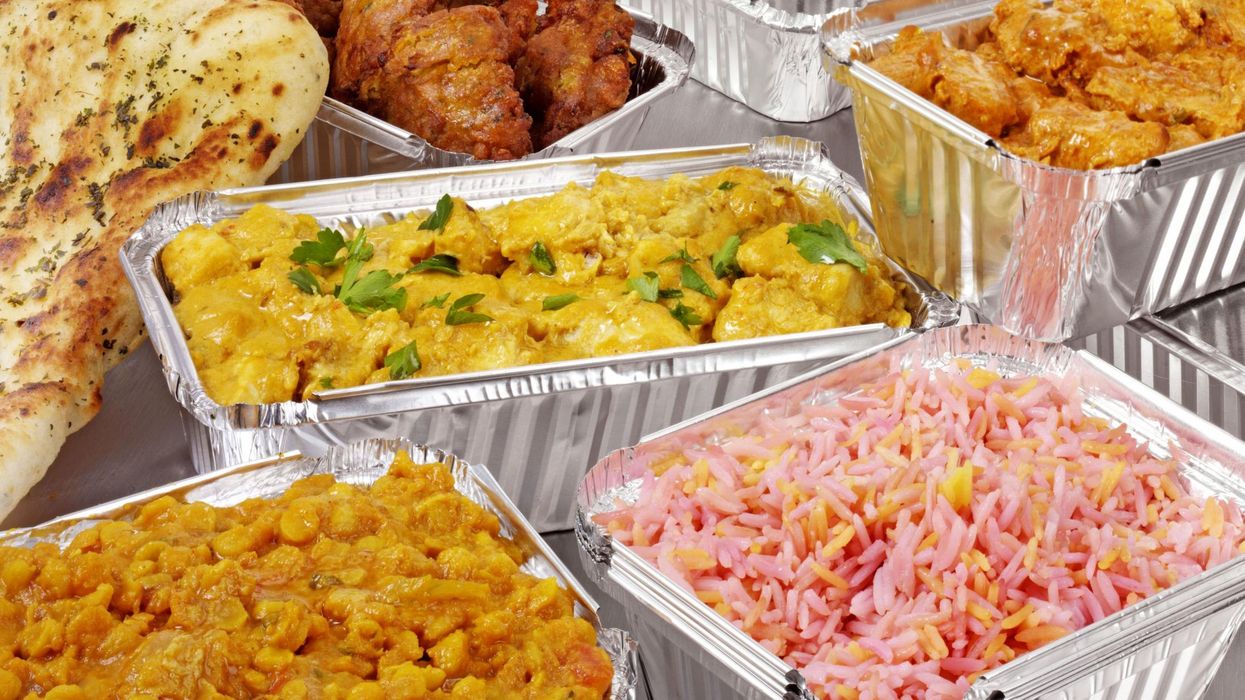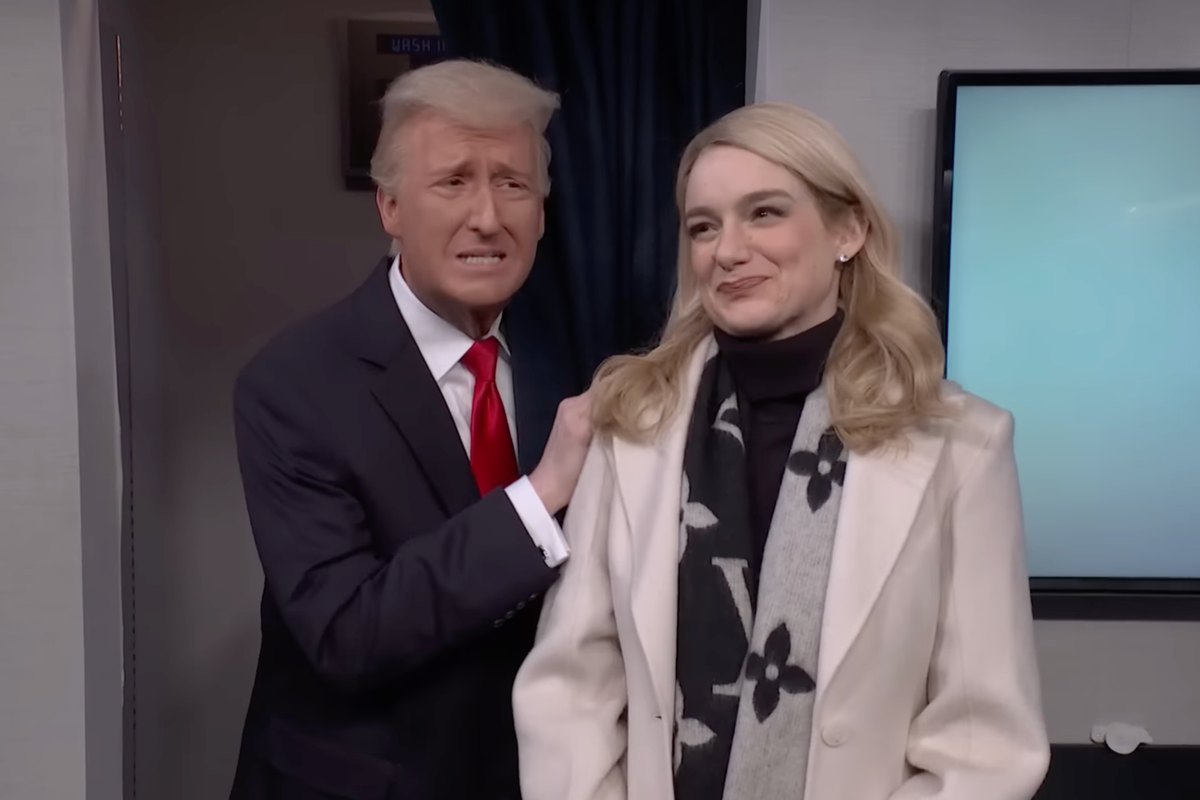The prospect of a Britain leaving the EU with no deal in place just got a lot closer to reality after MPs voted against Theresa May's final offer for the last time.
With the prime minister's revised EU Withdrawal Agreement defeated in the House of Commons by 391 to 242 on Tuesday, panic appears to have already set in among Brexit "preppers", who are racing to stockpile non-perishable essentials like toilet roll and painkillers ahead of a no-deal scenario, according to Morrisons.
The supermarket chain, along with Tesco and Marks & Spencer, also said it is stockpiling non-perishable "cupboard fillers" like tinned soup and vegetables in preparation for the likely fog of uncertainty descending. Manufacturers Premier Foods and Ornua, makers of Kerrygold, have likewise confirmed they have stockpiling plans in motion.
Seemingly only half-joking, Tesco chairman John Allan has said:
Provided we’re all happy to live on Spam and canned peaches, all will be well.
But even access to simple items like that should not be taken for granted.
The country is already running out of temperature-controlled warehouse space to house frozen and chilled foods, it was reported in November, because of stores racing to hoard supplies of everyday staples like bread, pre-made pizza, butter and potatoes.
Mark Carney, governor of the Bank of England, told Parliament's Treasury Committee in December food prices could rise between five and 10 percent in the event of a no-deal exit from the single market and customs union while environment secretary Michael Gove admitted "spikes in certain foodstuffs" were likely.
A letter from the British Retail Consortium in January, signed by the likes of McDonald's, Sainsbury and Asda, in turn warned of empty shelves and higher prices.
A 10 percent rise in the average cost of a your shopping basket would see the price of two pints of milk rise from 85p to 94p, a loaf of bread from £1 to £1.10, a six-bag multipack of crisps from £1.50 to £1.65 and a whole chicken from £4 to £4.40.
Currently 70 percent of Britain's food imports come from Europe, much of which arrives in lorries through the port of Dover, where severe traffic jams and bottlenecks have been forecast in the immediate, apocalyptic aftermath of Brexit.
All of which promises to have dire consequences for the good old-fashioned British takeaway, the light at the end of the tunnel for many after another trying week at the office.
With ingredients scarce and more costly to import, the price of a bag of chips, lamb bhuna or portion of crispy-fried beef will all have to rise with it - even if it's retailers and suppliers who bear the brunt of the increase.
And that's before you consider the chaotic effect a no-deal Brexit will have on EU migration.
The British Takeaway Campaign, co-founded by Just Eat, warns that 61 per cent of British takeaway businesses are already dealing with skills shortages, placing an industry worth £4.5bn a year to the British economy in jeopardy.
Chairman and restaurateur Ibrahim Dogus has warned:
Takeaways up and down the country contribute billions to growth and are behind thousands of jobs. But many are being hamstrung by skills shortages, rising food and wage costs, as well as business rates.
The Migration Advisory Committee meanwhile advised in September that Britain is already too reliant on low-skilled workers from the EU and suggested introducing a £30,000 minimum salary threshold after Brexit.
Were such a measure to be adopted, this too would have a detrimental effect on the humble high street takeaway proprietor, who could hardly afford to pay such wages.
But who really needs a curry anyway?
As one Radio 5 Live caller reassured the nation this week:
We're Great Britain. We've got plenty of rabbits in the field. We can plant potatoes in the back garden. We've managed before.
Yeah... Good luck out there.
More: Brexiteer believes UK will survive no-deal as 'we've got plenty of rabbits and can plant potatoes'















